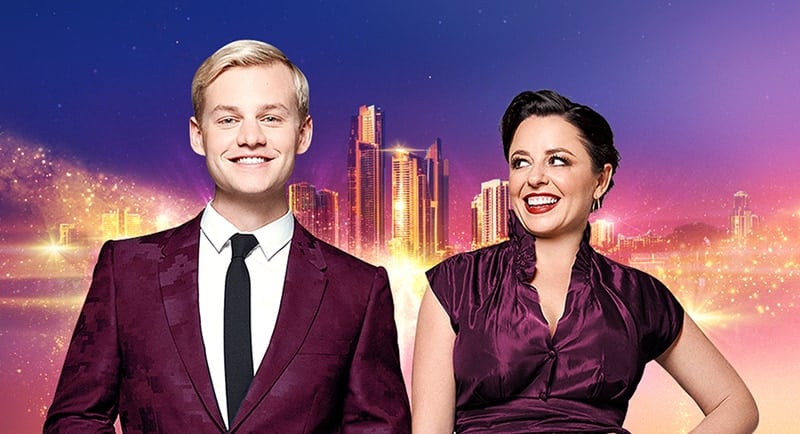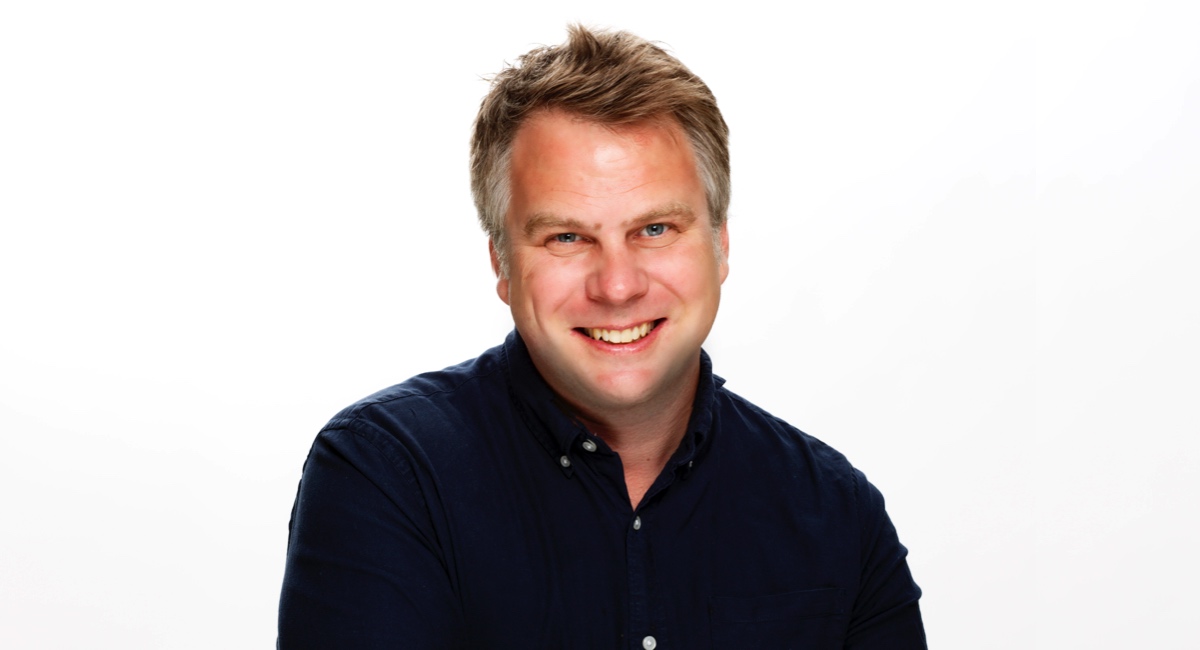After last year’s Eurovision Song Contest fell victim to the Covid-19 pandemic, all the chaos and colour is set to return to SBS with the 65th Eurovision Song Contest kicking off in Rotterdam, Netherlands.
Representing Australia this year is Montaigne, who will be competing with her song, Technicolour.
Mediaweek spoke to Josh Martin, SBS commissioning editor and Australian head of delegation about how the 2021 Eurovision broadcast came together.
The Significance of Eurovision
Eurovision is a major event on the SBS calendar, and Martin says that a big part of that is the new viewers it brings to the station.
“We’ve been doing it for nearly 40 years now, and for SBS it’s a huge tentpole event. It brings plenty of new viewers to the network, it brings a lot of younger viewers to the network, and for a public broadcaster that’s just wonderful to have younger people tuning in and valuing public broadcasting.
“It’s important from a programming point of view, but we just love that opportunity and working with the music industry in Australia to provide that forum for original Australian music to export to the world. That’s amazing.”

Montaigne takes on Europe
Sydney’s Montaigne will be taking the stage on behalf of Down Under. Martin says she was the perfect choice.
“Montaigne is incredible. She’s a young woman who’s an incredibly creative artist, who’s very outspoken with her views. She’s intelligent, she’s creative, and for us she almost embodies SBS. She’s an absolute joy to work with.
“When she won Australia Decides the previous year and then couldn’t go, that was obviously sad for all of us, that was when the pandemic hit. So this is her second chance to do it with a completely different song, co-written by herself, so this song feels very her. That’s so important for us. It’s so important that an artist has their voice heard, and especially in front of 200 million people. There are not many opportunities in Australia to have – especially for an independent Triple J artist – to have that exposure.
“We’re so proud of Montaigne this year, and all of our artists over the years.”

Performing remotely
While the Covid-19 pandemic cancelled last year’s Eurovision entirely, it hasn’t left the 2021 competition unharmed. For the Australian team, that meant making the decision to compete through a live-on-tape video entry rather than heading to Rotterdam in person. Martin says the decision was incredibly difficult.
“The challenges were so insurmountable. Obviously, there’s a travel ban out of Australia, we haven’t received our vaccinations yet, getting return flights to Australia is very difficult. It was really disappointing for the entire team not to be able to go there, but if we’ve learned anything over this period of the pandemic, it’s that you just adjust and you try to do your best with what you’ve got.
“We’ll be sad not to be there, but the show is going on.”
Every country competing this year had to put together a live-on-tape performance as a Plan B in case Covid prevented them from getting to Rotterdam. Martin says that there were a lot of rules to follow when it came time to film.
“They had really strict rules around it. For example, we had sixty minutes to record three takes of Montaigne performing live, and within that sixty minutes we had to select our best performance and begin the uploading process to Europe. Observing us in the control room, we had multiple Microsoft Teams set up of the host broadcaster, the EBU, an independent observer, just to make sure there’s no cheating or no fake vocals, or no video effects that weren’t allowed.
“It was actually really thrilling, because we spent a day or so really rehearsing it and finessing it and tweaking the lighting, or tweaking the choreography. When the clock ticked over it was like ‘alright, the guys are on the line from Europe, here we go!’, and we got into it.”
Contextualising Eurovision
Once again taking viewers through the SBS Eurovision broadcast this year are Myf Warhurst and Joel Creasey. Martin says the pair provide far more than just a recap of what’s happening.
“Myf and Joel are just wonderful. Having the Australian commentary team is so important to contextualise it to Australian audiences, and as the years go on there are more and more people coming to Eurovision. It’s its own world with its own lingo, its own rules, its own politics, all of this sort of stuff. So it’s really important to us to contextualise it and to have that Australian lens on Eurovision.
“Joel himself caused waves a few years ago when JK Rowling retweeted a comment he’d made to her millions and millions of Twitter followers. So Joel will bring his sass, Myf will bring her deep, broad music knowledge, and they’ll helm our broadcast.”

Australia as a Competitor
This year is the sixth year Australia has competed in Eurovision. While we may have started out being seen as more of a sideshow than the main act, Martin says that Australia has become a genuine competitor in the eyes of the competition.
“Over the years, Eurovision has been criticised for being kitsch or silly, certainly in Europe it’s gone through its ups and downs. I think people went ‘wow, Australia is interested and they’re on the other side of the world, that’s really cool’.
“I think we bring freshness and new ideas – I’m not saying other countries don’t do that – but we’ve been so lucky to have such an amazing music scene in Australia and to be able to give those musicians and artists that opportunity, particularly after the last year we’ve had.”
SBS’s coverage of the 2021 Eurovision Song Contest, featuring Montaigne, will be broadcast from May 19-23
